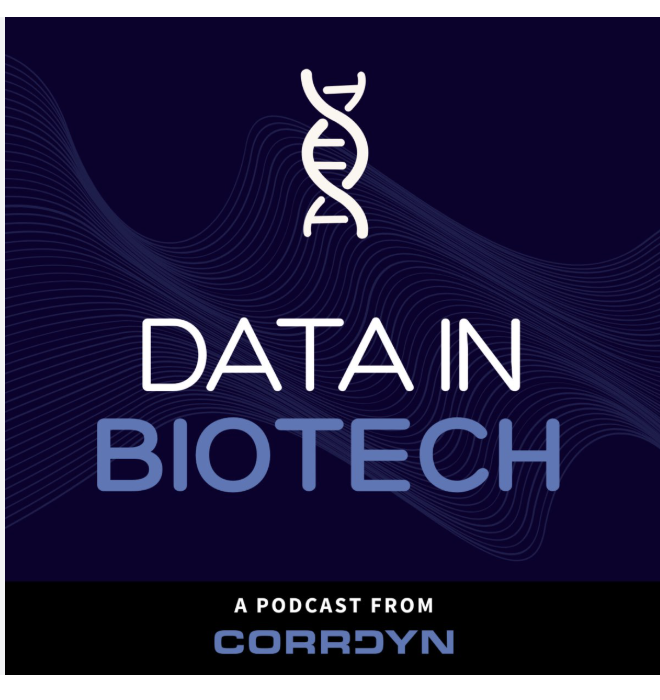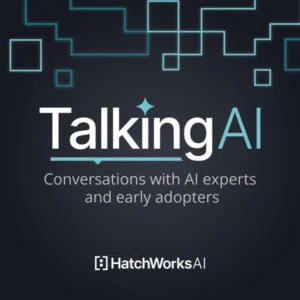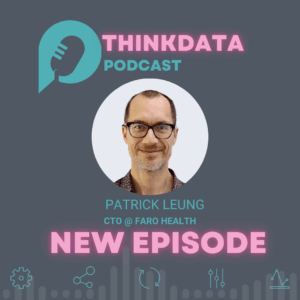Data in Biotech recently featured a conversation between Ross Katz (Principal & Data Science Lead, CorrDyn) and Patrick Leung (CTO, Faro Health) on how AI is reshaping clinical trial design and drug development.
Key Takeaways:
1️⃣ AI in Clinical Protocol Generation – AI-driven document generation tools help streamline protocol development, reducing inefficiencies in trial design.
2️⃣ Patient Burden Analysis – AI assesses the complexity of trial participation, optimizing study designs to improve patient retention and outcomes.
3️⃣ Data Models for AI Workflows – Structured data models enable the creation of specialized AI tools tailored for biomedical applications.
4️⃣ LLMs in Trial Automation – Large language models (LLMs) enhance automation in clinical trial documentation, reducing manual effort and improving accuracy.
5️⃣ Future of AI in Clinical Trials – AI adoption is accelerating, with increasing regulatory scrutiny and governance shaping how AI integrates into clinical workflows.
Why It Matters:
- AI can accelerate drug development by optimizing study design and execution.
- Improved patient burden analysis leads to better trial retention and compliance.
- AI governance and structured data models ensure compliance and reliability in biotech applications.
For biotech and healthcare professionals, this discussion offers valuable insights into how AI is driving efficiency, accuracy, and innovation in clinical trials.






